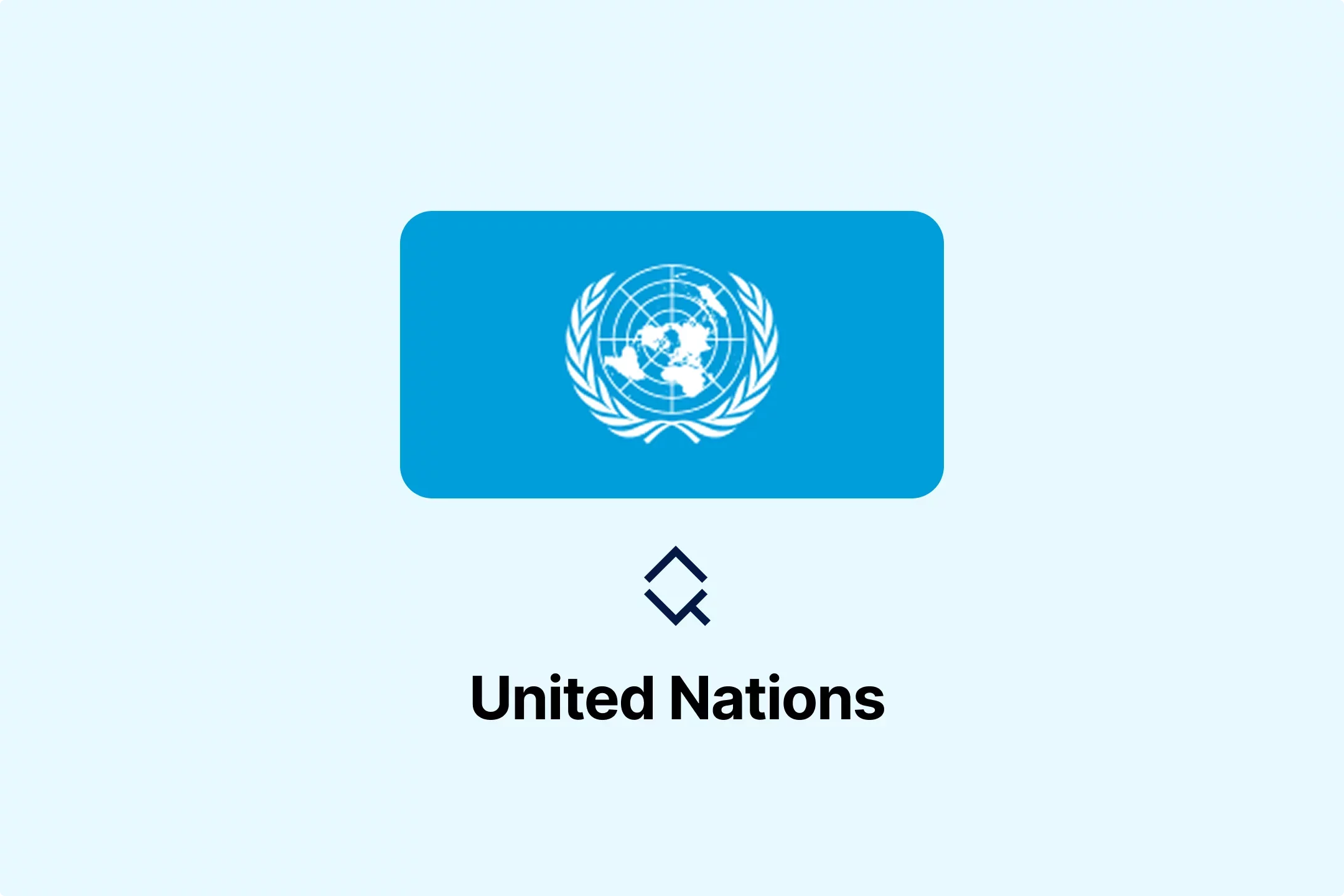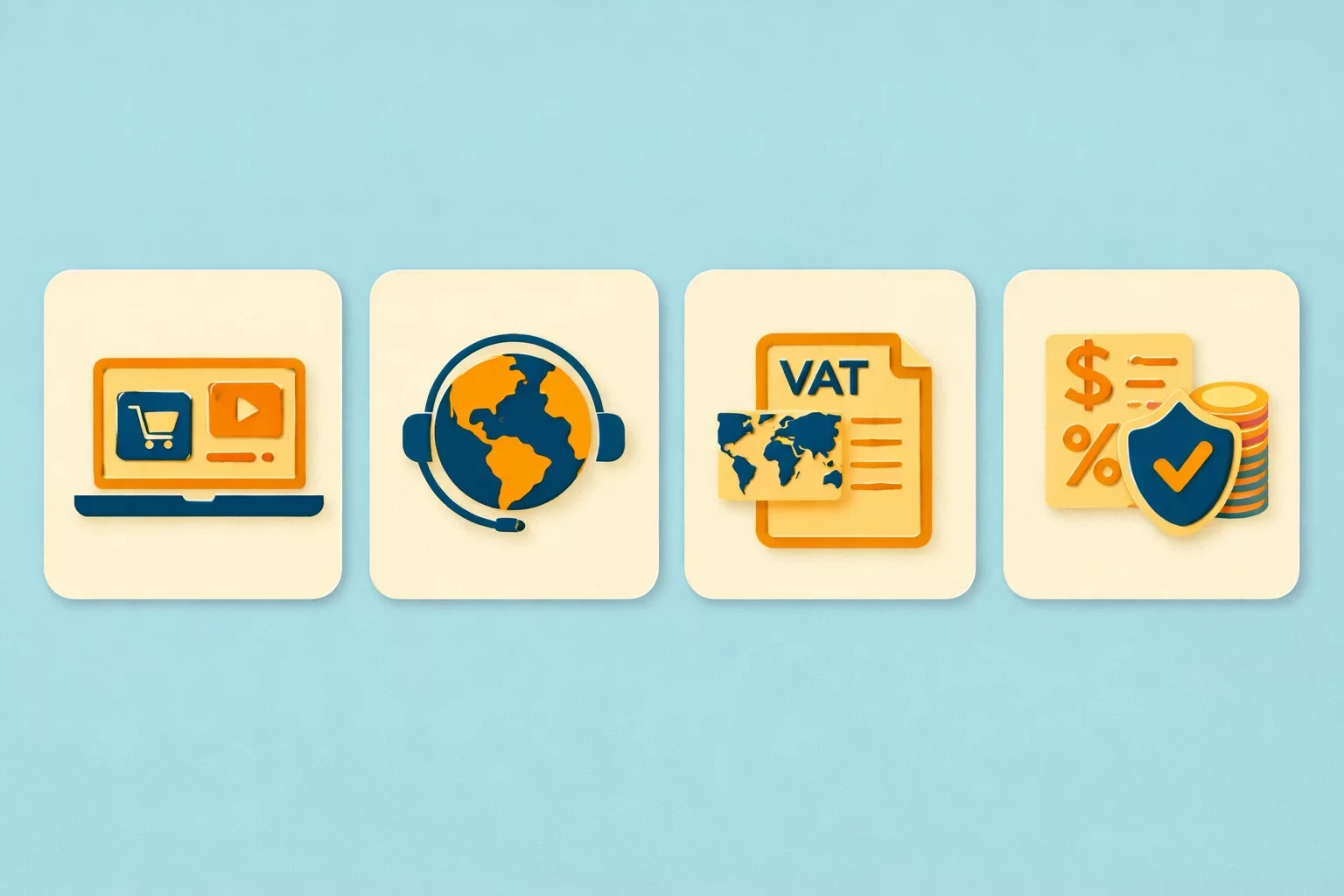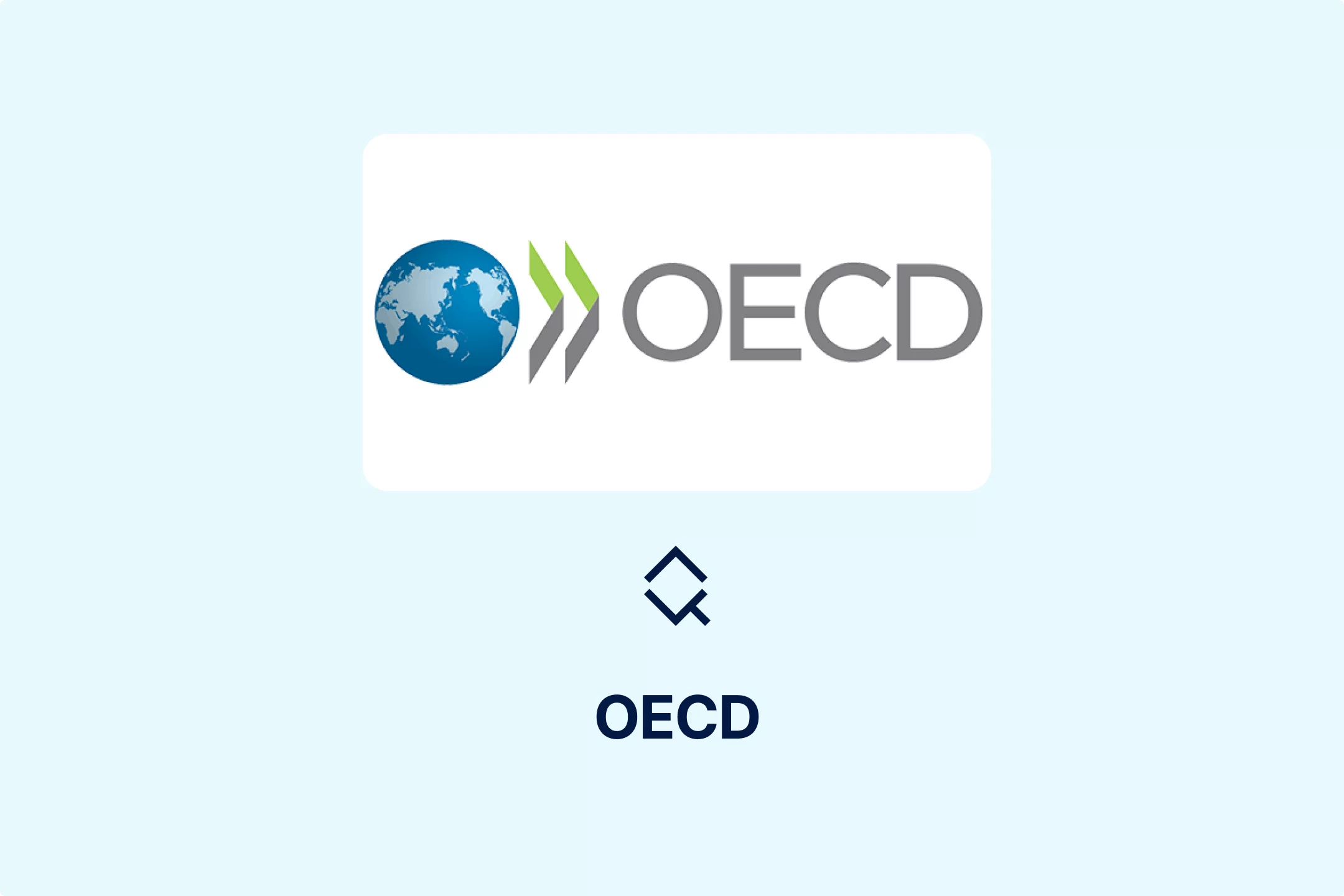Digital Economy Taxation: Risk Assessment Framework for International Businesses
-a9bz8kz2cs.webp)
🎧 Prefer to Listen?
Get the audio version of this article and stay informed without reading - perfect for multitasking or learning on the go.
In today's rapidly evolving digital landscape, international businesses face unique challenges in navigating the complexities of digital economy taxation. The rise of digital platforms, e-commerce, and cross-border transactions has necessitated a comprehensive risk assessment framework to ensure compliance and mitigate potential tax risks. This article outlines a structured approach to assessing and managing these risks.
Almost each country has its own income tax policies , regulations and rates which differs from other countries. Due to different tax rates in different countries large multinational corporations have used several different techniques to shift their profit to low or lower tax rate countries and avoid paying taxes in the countries were income was actually earned.
Digital economy taxation is important because it ensures that digital businesses contribute fairly to the public finances of the countries where they operate. This is particularly relevant for large multinational companies that can generate significant revenues in a country without having a physical presence there. Proper taxation helps to level the playing field between digital and traditional businesses, ensuring that all companies pay their fair share of taxes, which can then be used to fund public services and infrastructure.
The taxation of the digitalized economy has been a focus for international tax policymakers since the emergence of electronic commerce. It addresses issues such as double taxation relief, treaty protection, and the need for a consistent approach to taxing digital businesses globally. Additionally, global taxation is vital for the future health of cross-border trade and investment, as it helps to avoid confusion and complexity in the current tax debate. In 2021, a landmark agreement was reached by 137 out of 141 countries in the OECD/G20 Inclusive Framework on Base Erosion and Profit Shifting (BEPS) to reform the international tax framework in response to the challenges of taxing the digital economy.
A notable example of how digitalization can facilitate legal tax avoidance is the case of Starbucks. Starbucks reported an income of $98 million but paid only $5.4 million in UK corporation tax, which is less than 6%. For those unfamiliar with global taxation, this may seem mathematically incorrect. Starbucks accounted for business rates, service fees, maintenance, utilities for stores, and central costs necessary for operating the UK business, including IT, marketing, and head office expenses, totaling $78 million. This adjustment reduced the taxable income to $20 million, and tax was paid only on this amount. A significant portion of the aforementioned costs were royalty expenses paid to another Starbucks branch registered in a low-tax jurisdiction. By reporting high costs in the UK and high income in a low-tax jurisdiction, Starbucks minimized its tax liability in the UK and instead paid a lower tax rate outside the UK.
Digital economy taxation has a significant impact on multinational companies in several ways:
From your company The OECD Global Tax Deal, which emerged from the Base Erosion and Profit Shifting (BEPS) project, aims to create a more unified international tax regime. This deal introduces a two-pillar framework:
· Pillar One
It reallocates taxing rights to ensure that large multinational corporations, especially in the digital economy, pay taxes where their customers are located, even if they have no physical presence there. This helps to address the issue of profit shifting to low-tax jurisdictions, ensuring that companies contribute fairly to the public finances of the countries where they operate.
The Multilateral Convention to Implement Amount A of Pillar One (the MLC) coordinates this reallocation of taxing rights with respect to a share of the profits of the largest and most profitable multinational enterprises operating in their markets. It also improves tax certainty and removes digital service taxes. This is a key component of the OECD/G20 BEPS Project, which addresses the tax challenges arising from the digitalization of the economy.
· Pillar Two
It establishes a global minimum corporate tax rate of 15%, ensuring that multinational companies pay at least this rate, regardless of where they operate. This framework aims to curb the "race to the bottom" in global tax competition, making the international tax system fairer and more transparent.
The Pillar Two framework includes several key components:
1. Global Minimum Tax:
This ensures that multinational enterprises are subject to a minimum level of taxation on their profits, no matter where they are earned. This helps to prevent profit shifting to low-tax jurisdictions and ensures that all companies contribute fairly to public finances.
2. Subject to Tax Rule (STTR):
This rule is designed to protect tax bases in developing countries by ensuring a minimum level of taxation on relevant cross-border payments. It prevents circumstances where income is either taxed at very low rates or not taxed at all due to differences in tax regimes between countries. The STTR can be implemented through a multilateral treaty or bilateral amendments to tax agreements. This allows jurisdictions to "tax back" where defined categories of income are subject to nominal tax rates below the STTR minimum rate of 9%.
Overall, Pillar Two aims to create a more stable and equitable international tax system by ensuring that multinational companies pay their fair share of taxes, regardless of where they operate
Understanding the Digital Economy
The digital economy encompasses a wide range of activities, including online sales, digital services, and the use of digital platforms for business operations. Unlike traditional business models, the digital economy often involves intangible assets, data flows, and virtual transactions, making it difficult for tax authorities to track and assess taxable activities accurately.
Key Tax Challenges
1. Value Creation and Attribution:
One of the primary challenges in digital economy taxation is determining where value is created and how it should be attributed. Traditional tax rules, which rely on physical presence, are often inadequate for digital businesses that operate across multiple jurisdictions without a physical footprint.
2. Significant Digital Presence:
Many countries are adopting the concept of "significant digital presence" to establish tax nexus. This approach considers factors such as user base, digital transactions, and data collection to determine tax liability. However, the lack of uniformity in defining and implementing this concept poses a risk for international businesses.
3. Digital Services Tax (DST):
Several countries have introduced DSTs to tax revenues generated from digital services provided to local users. While DSTs aim to capture value created within a jurisdiction, they can lead to double taxation and increased compliance burdens for businesses operating in multiple markets.
4. Complexity of Implementation:
Implementing the global minimum tax rate involves navigating various tax regimes and ensuring compliance across multiple jurisdictions. This can be particularly challenging for U.S.-based multinational enterprises (MNEs) that must juggle compliance with domestic tax laws and international Pillar Two rules.
5. Resource Allocation:
Companies need to allocate significant resources to adapt to the evolving international tax rules. This includes investing in technology and expertise to manage the new compliance requirements.
6. Coordination Across Jurisdictions:
Ensuring consistent compliance across different countries can be difficult due to varying interpretations and implementations of the Pillar Two rules. This requires effective coordination and communication between different business units and jurisdictions.
Risk Assessment Framework
To effectively manage the tax risks associated with the digital economy, international businesses should adopt a robust risk assessment framework. This framework should include the following components:
1. Identification of Tax Risks:
Businesses must identify potential tax risks arising from their digital activities. This involves mapping out digital transactions, understanding the flow of data and revenue, and assessing the impact of different tax regimes.
2. Compliance Monitoring:
Continuous monitoring of tax compliance is essential to ensure adherence to local tax laws and regulations. Businesses should implement automated systems to track digital transactions, calculate tax liabilities, and generate compliance reports.
3. Engagement with Tax Authorities:
Proactive engagement with tax authorities can help businesses stay informed about regulatory changes and seek clarification on complex tax issues. Establishing open communication channels can also facilitate dispute resolution and minimize the risk of penalties.
4. Transfer Pricing Policies:
Developing robust transfer pricing policies is crucial for digital businesses that engage in cross-border transactions. These policies should reflect the economic realities of digital operations and ensure that profits are allocated fairly across jurisdictions.
5. Tax Planning and Strategy:
Businesses should adopt a strategic approach to tax planning, considering the potential impact of digital economy taxation on their overall tax position. This includes exploring tax incentives, optimizing business structures, and leveraging tax treaties to minimize tax liabilities.
Conclusion
The digital economy presents both opportunities and challenges for international businesses. By adopting a comprehensive risk assessment framework, businesses can navigate the complexities of digital economy taxation, ensure compliance, and mitigate potential tax risks. As tax authorities continue to adapt to the digital landscape, staying informed and proactive will be key to managing tax obligations effectively.

More News from World
Get real-time updates and developments from around the world, keeping you informed and prepared.
-e9lcpxl5nq.webp)

































-7xdqdopxl6.webp)


































